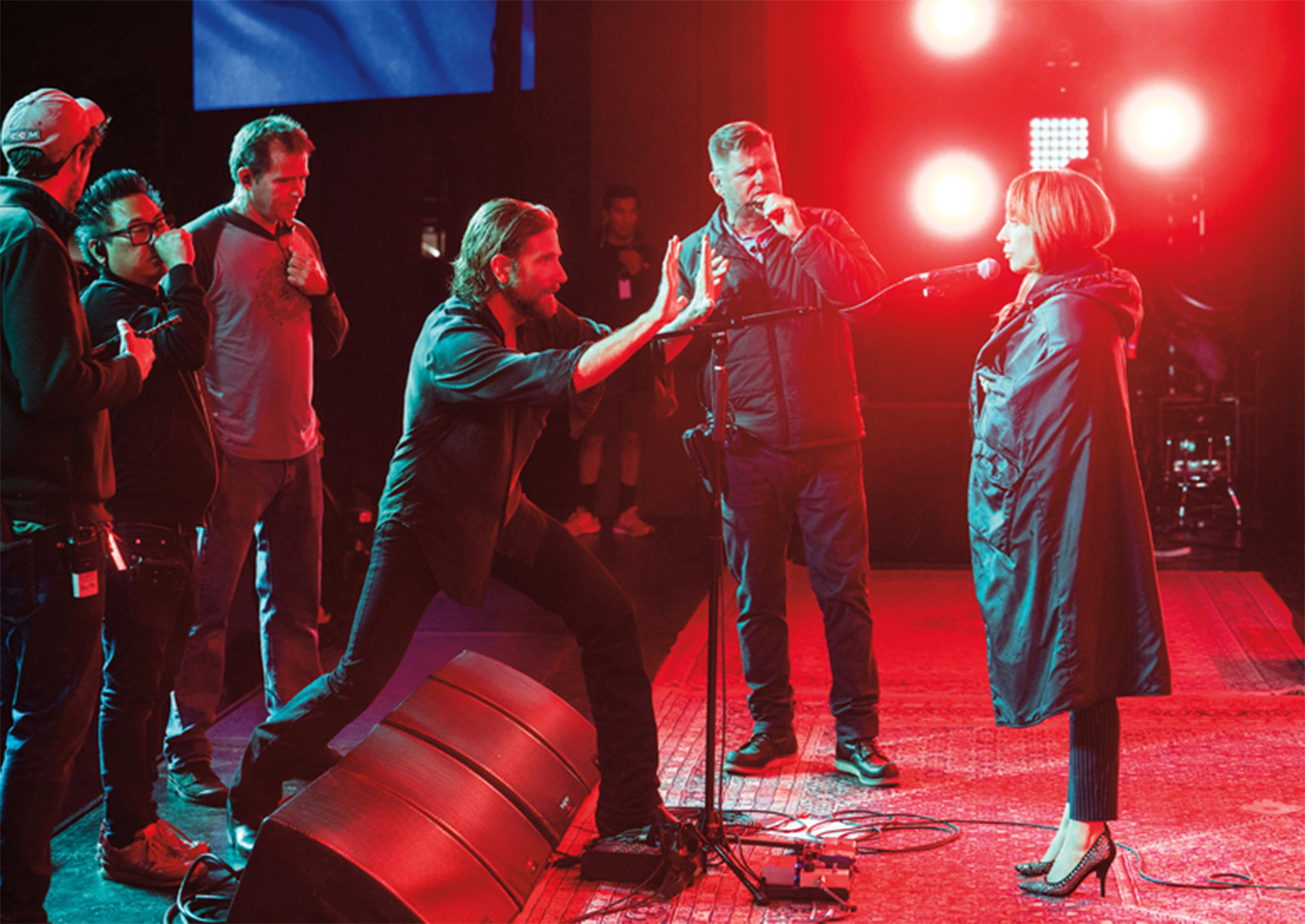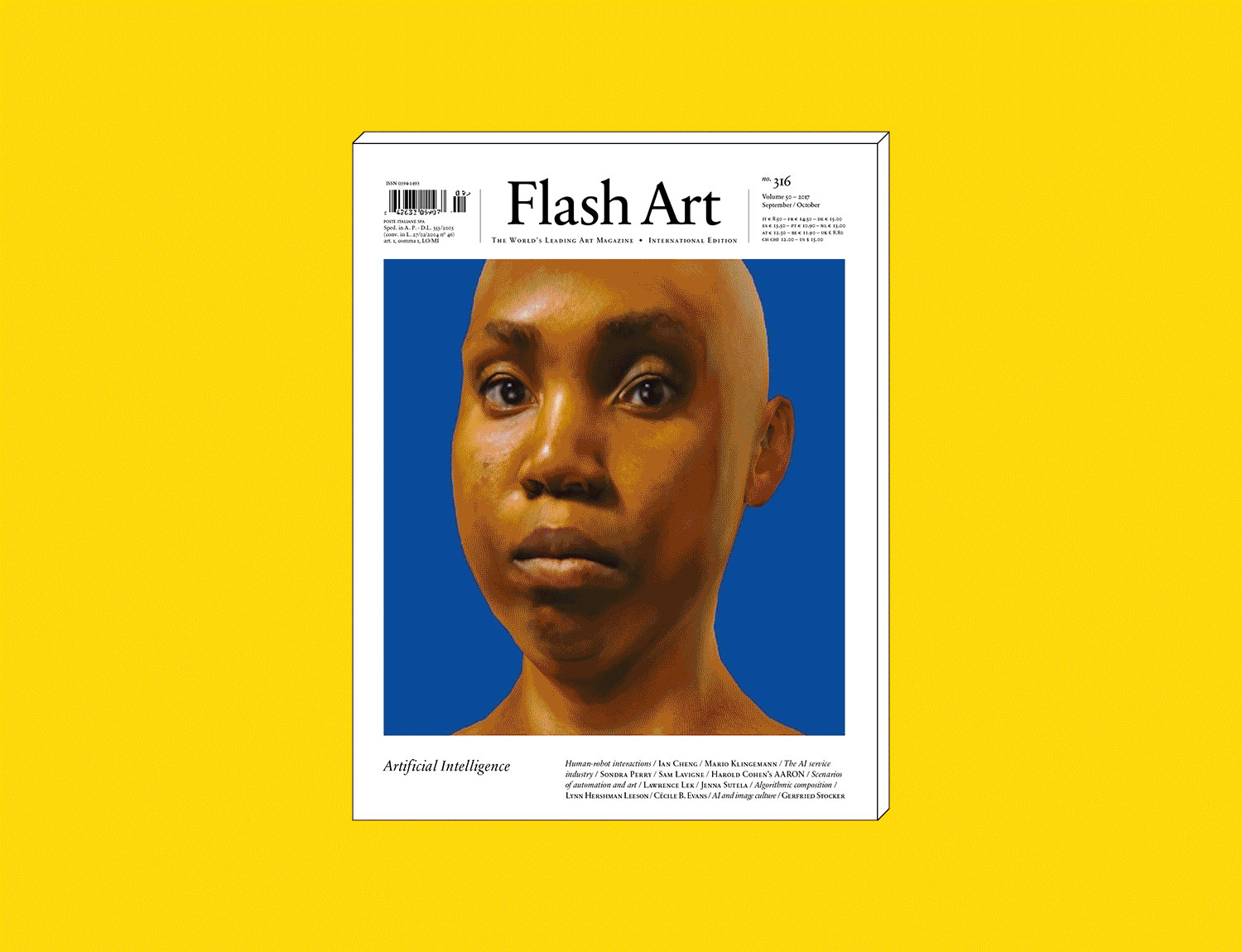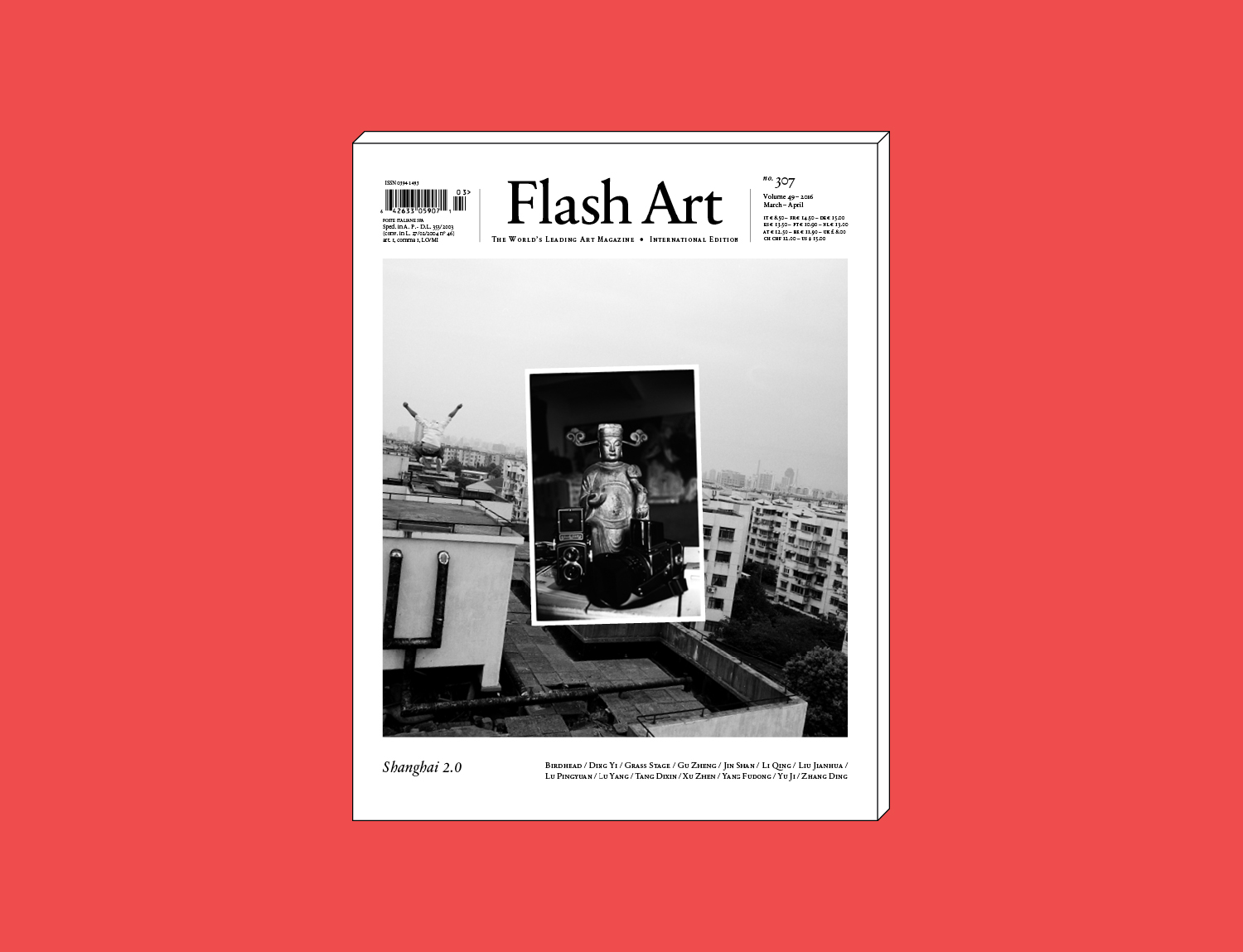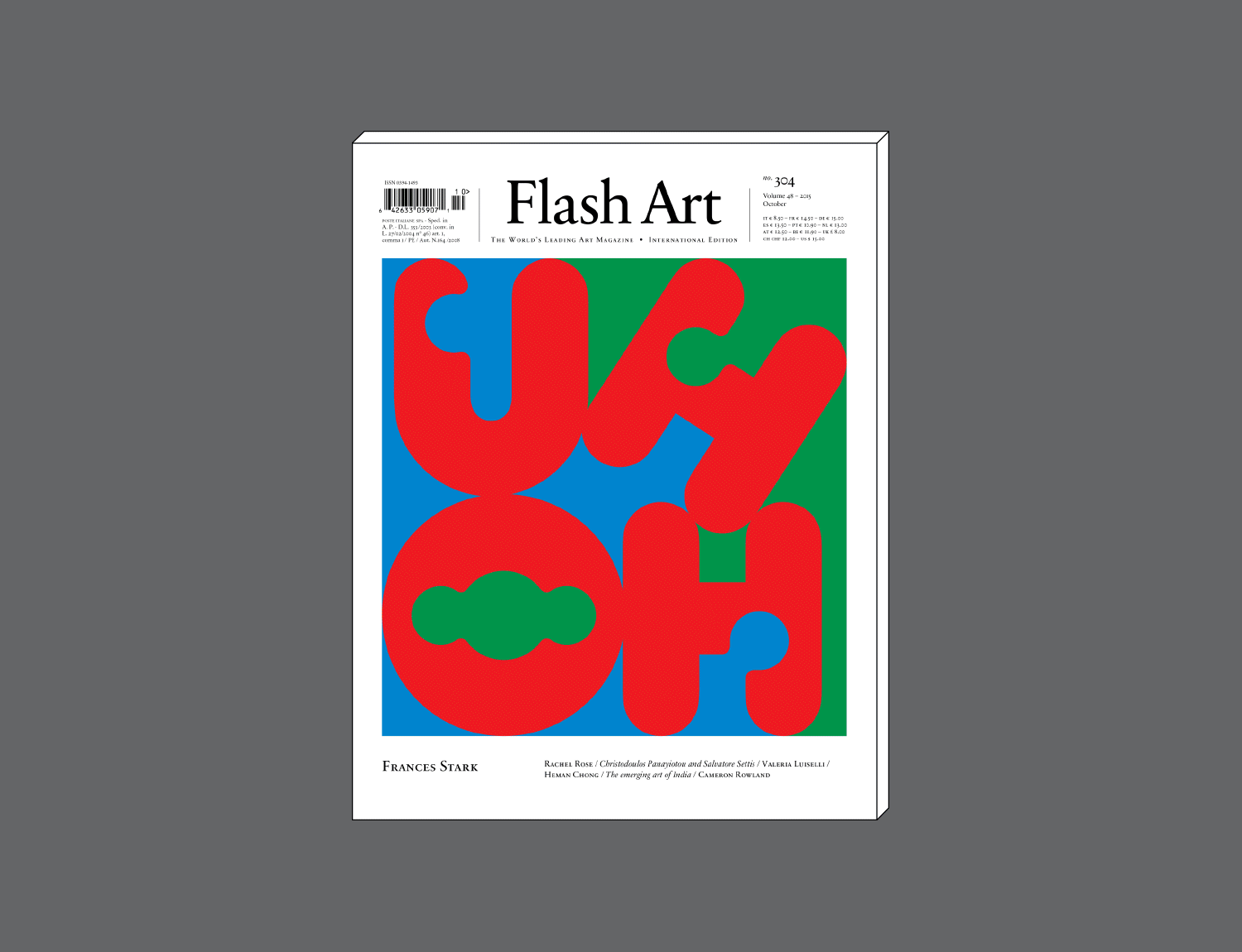Movie Night is a column exploring film semiotics and thoughts about moviegoing in general.

Mary Evans: Oh, you wouldn’t do this if I were a man!
Lonny Borden: I wouldn’t want to.
— What Price Hollywood? (1932)
Last month, gravel-toned actor Sam Elliott appeared on The Late Show with Stephen Colbert to promote his supporting turn in Bradley Cooper’s A Star Is Born (2018). The interview progressed through the usual talk show platitudes — his amazing performance, his incredible voice — before ending with a game. Would Elliott recite pop lyrics written by costar Lady Gaga in his signature growling cadence? He obliged and the studio audience soon broke out in laughter, delighted by the incongruity of a respected artist deigning to read lines from the singer’s various commercial triumphs. Never mind that his best-known credits include boorish fare like Road House (1989) and Ghost Rider (2007).
While not occurring by Elliott’s design, the segment’s conspiratorial humor speaks to the evergreen jurisdiction of such men in distinguishing between high and low art. It is they who reserve the right to look twice, not in the tired sense of hunter and hunted, of suspect voyeurism, of the active and the impotent, but instead in the casual passing of a value judgment. That hierarchy of taste has always informed the narrative backbone of A Star Is Born, from its first iteration in George Cukor’s What Price Hollywood? (1932) to Frank Pierson’s indulgent Streisand vehicle. But, until the arrival of this most recent remake, it has rarely seeped so plainly into the film’s promotional campaign or become a defining hallmark of its production.
We begin where they do. When Jackson Maine (Bradley Cooper) first encounters Ally (Lady Gaga), she is performing a rendition of Edith Piaf’s “La Vie en Rose” — sung live and thus distinguished from the played-for-laughs lip-syncing and latex breastplates of her drag bar surrounds. His determined curiosity leads him to Ally’s dressing room after the show where he informs her of her own talent. This is not before Maine, a complete stranger, has peeled off her stuck-on eyebrows. Critical distance that the director might hold from his onscreen counterpart in this moment is blunted by the now notorious anecdote in which Cooper dragged a makeup wipe down Gaga’s face upon her arrival for a screen test. Much like Maine, he reasoned that he wanted to see her “completely open” with “no artifice.” For both men, this translates to a no-less-affected country-sexy-casual aesthetic — all tied-off midriffs and low-slung belts. The arbitrary laws of embodied authenticity are rarely enforced in reverse, of course. Cooper’s approach to portraying Jackson Maine involved weekly spray tan sessions and the near-constant application of a Tom Ford bronzer.
After an evening spent touching her face and sizing it up for stardom — Cooper speaks often about “falling in love” with Gaga’s face and eyes — Maine listens as Ally sings an original composition a cappella. “Can I tell you a secret?” he asks, “I think you might be a songwriter.” It’s a flirtatious line burdened with patronizing charity, and especially faint praise from an artist whose own music trades in county-fair wisdom. He’ll later elevate her song by setting it to music and inserting his own corresponding lyrics.
Both narratives of being seen, that of Ally’s discovery and Lady Gaga’s acting trajectory, hinge on the generous scopophilia of Bradley Cooper and his onscreen foil. Gaga’s widely mocked press circuit refrain — all variations on “There can be one hundred people in a room and ninety-nine don’t believe in you, but [Cooper] did” — in truth has little to do with her. The line is not intended to suggest that she was memorable enough to warrant Cooper’s attention, but rather that Cooper was gracious enough to bestow her with artistic approval, or “take another look” as Maine might put it in the film.
“I remember when we first met,” Cooper recalled at the Venice Film Festival, “after ten minutes we were eating homemade food that she cooked. I love to eat.” The magnetism of modest, down-home womanhood, reliable as ever. It’s the same Pygmalion logic that has grounded everything from Four Sided Triangle (1953) and My Fair Lady (1964) to Weird Science (1985) and the sinister celebritization of Sophia the Robot. The most bizarre element of this artistic dynamic is that — two years ago, at least — the aesthetic convictions of Bradley Cooper should have meant very little given his entire lack of directorial pedigree. Though limited in experience, Gaga had already demonstrated her bankable and award-winning acting talent by that time. It’s to her credit that her performance as Ally feels like a first-time revelation — as it was described by Cooper at the Tribeca Film Festival — among the mumble-speak of her colleagues, breathable air in an onslaught of hot subway wind.
The openhearted relish with which Gaga has approached the promotion of A Star Is Born stands in similar contrast to her director’s often detached stoicism, typified by his childish profile in The New York Times. The manner in which his film distinguishes between the tasteful and the embarrassing, between good and bad forms of self-expression, is no different. In the unabashed contemporary specificity of its references to texting and asses, Ally’s music is located firmly in the now and suffers for it. With her ferocious energy and frankness, she’s altogether too eager to be considered a cultivated artist in the film’s world. By contrast, Maine’s lyrical output is caught up in the vague speak of nostalgia, ruminating on the “old ways” and being “too far gone.” He manages to generate sympathy for a character that has likely never existed — the grizzled country music male with broad crossover appeal, from drag bars to festival stages. It helps that his backstory exists in the untethered language of hero myth: his mother died in childbirth and his father was an absent drinker. Ally is in turn yoked to her father, Lorenzo (Andrew Dice Clay), a man with his own Sinatra-centric beliefs about old-world artistic authenticity.
In another film, this dynamic could operate as a thoughtful meta-commentary on aloof machismo in artmaking. In Bradley Cooper’s A Star Is Born, no such critique occurs. As Ally rises to fame under the watchful eye of an effete, loafer-wearing manager (Rafi Gavron), her romantic partner grows increasingly alarmed by the updating of her wardrobe and the louche sensuality of her songwriting. For a man so engaged in the exercise of looking, the fact that he can’t bring himself to watch Ally’s performance of the charming confection “Why Did You Do That?” on Saturday Night Live is a revealing moment. Complicit in Maine’s gaze, the audience is encouraged to concede that this dry-humping sellout is “not the real Ally” and to long for her “old ways” — the ones that were introduced to us an hour earlier.
But Ally’s commercial identity is not nearly as manipulated as we’re encouraged to believe. She remains largely in command of her musical output, expressing clear pleasure at her professional direction even as it straddles the chasm between acoustic country and electronic pop. Those are her lyrics, as she so forcefully protests from the bathtub. “You’re just fuckin’ ugly,” Maine eventually retorts, after months spent imploring his wife to ignore such insecurities. It’s the typical defensive reflex of his gaze, riding high on all the joyful qualities of the lowbrow before rejecting them with derision. It’s a wonderful joke that the two finest songs in the film are also, within its own estimation, the worst. The anatomical reverie “Hair Body Face” and Diane Warren-penned “Why Did You Do That?” happen to be the most authentic cuts on the soundtrack, wholly embracing their pop pleasures as opposed to the truly shallow posturing of a track like “Maybe It’s Time.” See: “Nobody speaks to God these days / Well, I’ve seen hell in Reno / And this world’s one big ol’ Catherine wheel.”
Distinct from the more openly envious male leads of the story’s previous iterations — Fredric March’s peevish 1937 interpretation in particular — Maine is here brought low by his own righteous belief that Ally is squandering her potential. Her closing rendition of “I’ll Never Love Again” is a mawkish mea culpa from the now-brunette-again star that assures both the late Maine and intimated viewer that her time spent dabbling in evocative choreography and tangerine coiffure has come to an end. In name alone, the track — composed by Maine and bequeathed to Ally with that familiar, caveat-rich generosity — consecrates an ongoing commitment between partners, a promise that she will remain defined in his image even beyond his undoing.
It’s fitting, then, that her performance has all the trappings of a swan song: a harsh spotlight, Celine Dion-lite balladeering, and a recital hall gown. With no more love to give, it might as well be her final set. Fitting too that the film ends with Ally staring directly into camera, recalling her very first glance at Jackson while splayed across the drag bar countertop. As she raises her eyes to meet the audience, we are made to understand that emotional turmoil has elevated her work to a more fully realized realm of authenticity. A star has been born at the fading of another. In fact, she stares beyond us, seeking the ever-adjudicating gaze of Jackson Maine and, by extension, Bradley Cooper. The show is over. Now what did he make of it?




